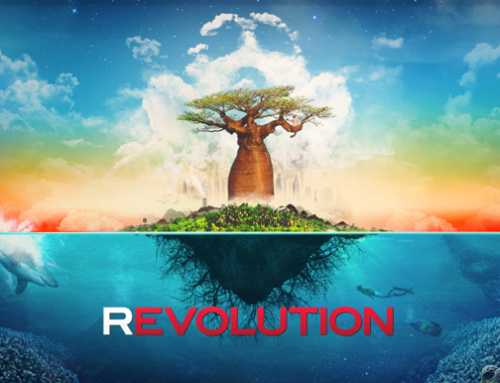According to a recent new study, citizen science offers the opportunity to address some of the biggest concerns and challenges facing biodiversity researchers. This study has found that volunteers already save biodiversity research huge sums of money; but, that their contributions are underused by the scientific community.
The effect of global change on biodiversity is therefore difficult to monitor, as change is occurring at a global scale over long periods of time. The resources needed in order to track and analyse in detail the effects of climate change, pollution, invasive species, land use change and overexploitation are huge.
However, citizen science approaches may help scientists and researchers to effectively tackle biodiversity issues and environmental problems in a way that is not prohibitively expensive.
The authors of the study carried out the largest ever quantitative study of biodiversity-focused citizen science projects. They sought to understand how citizen scientists already contribute to biodiversity research, and how they could contribute even more in the future.
In particular, they wanted to analyse the extent and economic worth of volunteer involvement in biodiversity research, how it contributes to peer-reviewed biodiversity research, and whether offers the opportunity to address the effects of global change on biodiversity.
They started by building a database of 388 biodiversity-focused citizen science projects. To qualify as citizen science, projects had to involve unpaid volunteers collecting, or processing data to help solve a specific issue, or question as part of scientific research.
They gathered information on several aspects of the projects, including scale, goals, and methods, and sent surveys to the projects’ organisers, receiving 125 responses. At the same time, they surveyed 423 biodiversity scientists about their awareness and perceptions of volunteer involvement in biodiversity research.
The results indicate that for the projects surveyed, which only represent the most widely publicized projects reported in English, between 1.36 – 2.28 million people volunteer each year, giving up around three working days of their time.
According to the study, this equates to $0.7 – 2.5 billion (€0.6 – 2.2 billion) of in-kind contributions.
On average, projects continued for 11 years. Dividing them into three groups by geographical scale, they found that most (67%) operated at the largest scale, between 100 – 100,000 km, while 22% operated at between 10 – 100 km, and only 10% at a local scale of 10 km or less.
The vast majority (97%) focused on monitoring species diversity, with a bias towards land-based species and vertebrates – mammals and birds, for example, as opposed to insects or plants.
It was unclear how often data from citizen science were made available in peer-reviewed journals. Online research (including on project websites and through research databases) suggests that only 12% of the projects provided data to peer-reviewed articles. However, 60% of project organizers said the data from their projects had been used in ‘scientific publication in the peer-reviewed scientific journal literature’.
Nonetheless, larger spatial scale, longer-running projects that provided training in species identification were more likely to have published peer-reviewed papers. In total, 87% of all projects, and 100% of projects that publish in the peer-reviewed literature, published some, or all of their results online.
The researchers conclude that citizen science provides a valuable, but underused, resource for global change research, which holds potential for gathering data at a global scale via local volunteering efforts. In this way, scientists and non-scientists could work together in order to solve large-scale environmental problems.
However, the researchers say that this potential will not be realised unless citizen science is better integrated into established scientific research. One solution could be for citizen science networks, such as the Citizen Science Association, to help match professional scientists with projects that could provide data for their research.
Information Source: European Commission, DG Environment.
We help our clients and partners address the most pressing economical, political, social and environmental challenges. If you want to learn more about our sustainability practices, please Contact Us for an initial introductory consultation to discuss what management and communications systems you may need for complete sustainability legislative and regulatory compliance, and better measurement and reporting of TBL performance.








Leave A Comment
You must be logged in to post a comment.